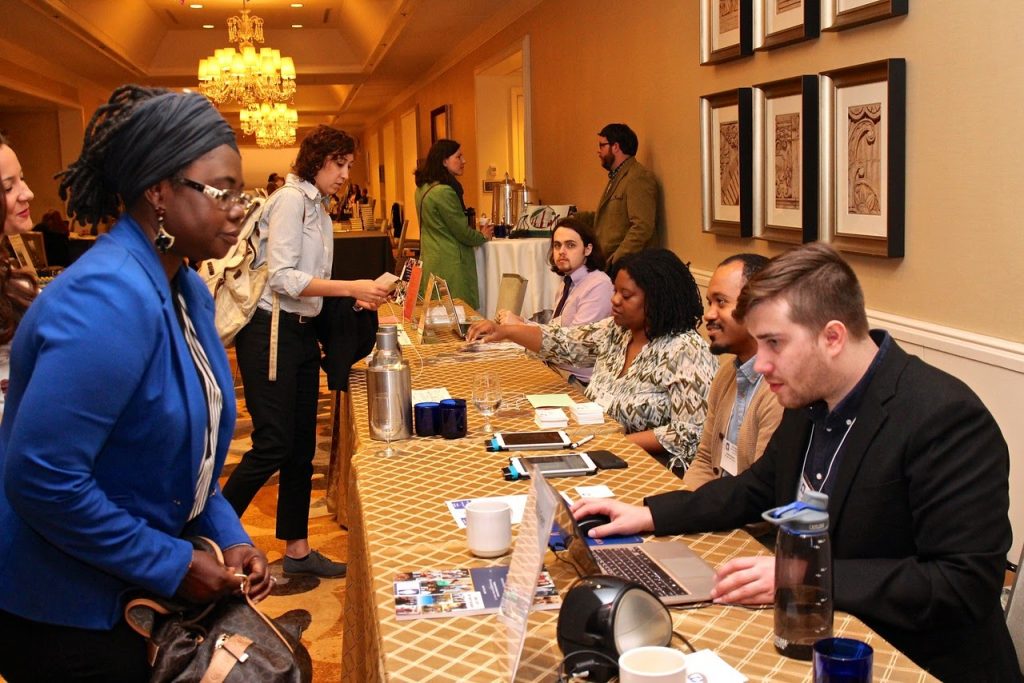About the Society
Established in 1935, the Southern Sociological Society is a society of professionals that promotes the development of sociology as a profession and scientific discipline by the maintenance of high academic professional and ethical standards, and by encouraging effective teaching of sociology, valid and reliable methods and research in the study of human society, diffusion of sociological knowledge and its application to societal problems, cooperation with related disciplines and groups, recruitment and training of sociologists, and development of sociology programs in educational and other agencies.
In pursuit of its mission, the Southern Sociological Society (SSS) is committed to building a diverse association and creating a welcoming and inclusive environment for its members. This includes welcoming individuals along many different dimensions of diversity including but not limited to: race, ethnicity, gender identity, sexual orientation, socioeconomic status, religion, physical and mental ability, age, institution and career status. We actively work to do this through inclusive, anti-discriminatory, and equitable practices and programing, encouraging full participation in SSS and fostering a mutual respect for others in all that we do and in the business of the society.
Members of the Society convene for an annual academic conference usually held in spring.
To visit our membership portal, click here.
Services available on our membership portal include
- purchasing or renewing membership
- submitting a paper or session to the annual conference
- purchasing conference registration
- paying for job advertisements
- accessing your Social Currents electronic access code
- and more!

ANCHOR Virtual Writing Workshop
SSS is excited to offer the ANCHOR Virtual writing workshop
Date & Time: March 14th from 12 to 2 p.m.
Where: Via Zoom
Hosted By: Dr. Aurora Chang
Click here to Register by February 20, 2026
Participation Cost: $75 for faculty/professionals & $50 for students

